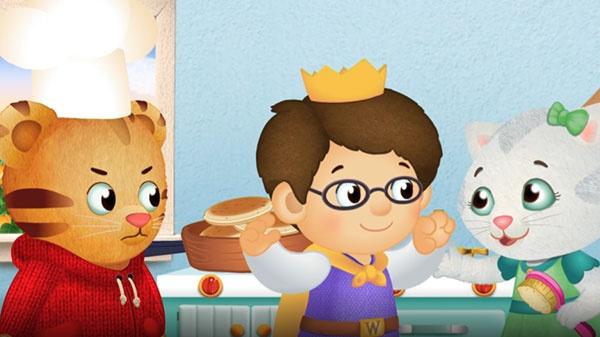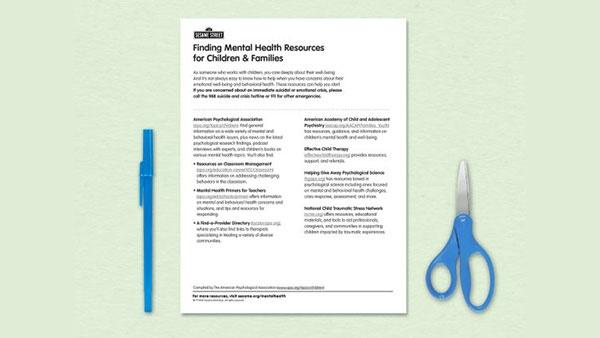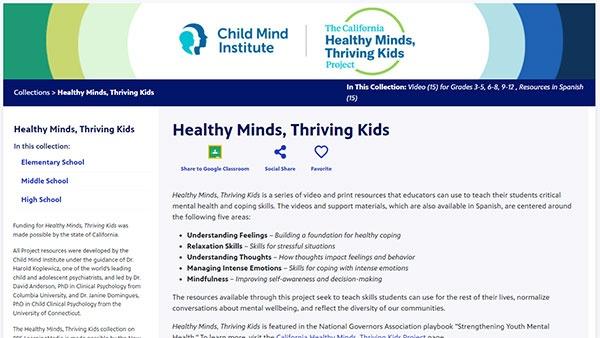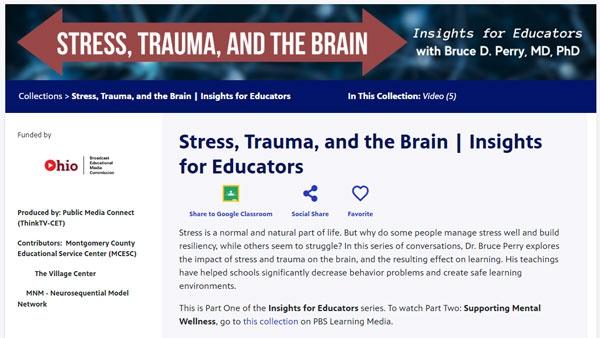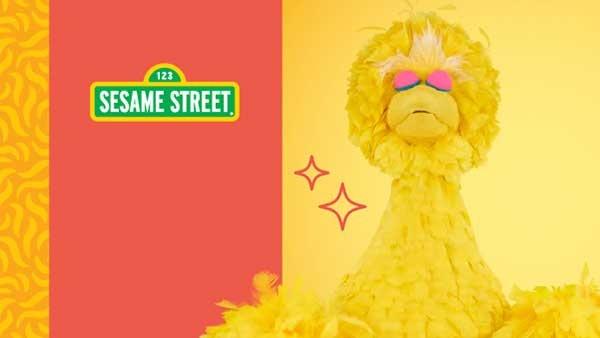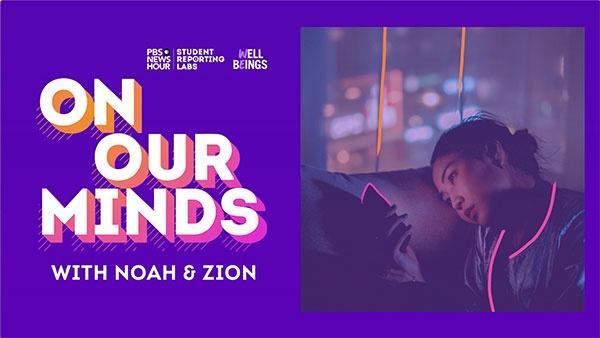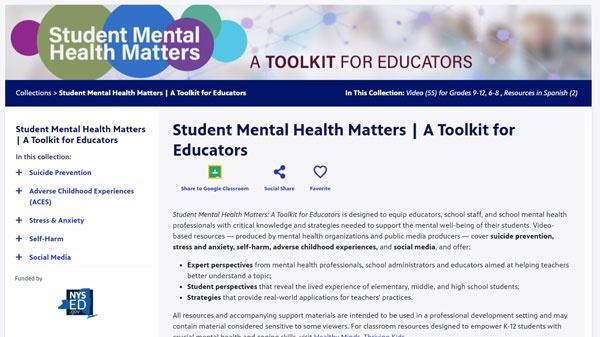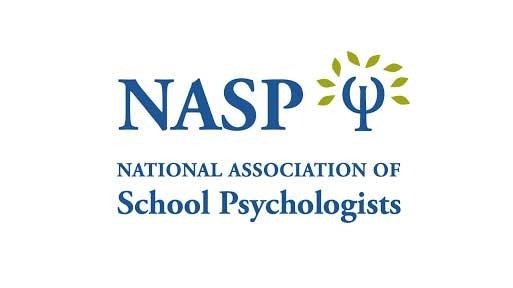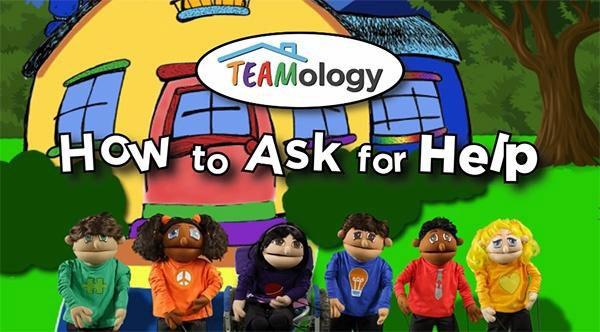This webpage provides information on mental health resources and is not a crisis or suicide response website. If you are in crisis or experiencing thoughts of suicide, please call or text the 988 Suicide & Crisis Lifeline at 988. The service is free and available 24 hours a day, seven days a week.
Resources for Learners and Educators
An Ode to Educator Self-Care | PBS TeachersLounge
This PBS TeachersLounge blog features essential self-care strategies, grounding techniques, gratitude practices, and positive affirmations to help teachers create a healthy and supportive learning environment. Click the link above to read an educator's insights to maintain mental well-being and foster a positive classroom atmosphere.
Expressing Emotions | Daniel Tiger's Neighborhood
Watch the clip, Friends and Feelings, from Daniel Tiger's Neighborhood to spark conversations about emotions. Then, use the lesson plan to help your students practice identifying emotions and facial expressions. The PDF document assets and support materials are also available in Spanish. Click the link above to access Part 1. Part 2 of the lesson plan is linked here.
For Providers: Mental Health Resources | Sesame Workshop
Whether you're an educator, health provider, faith leader, or serving families and children in any other role, the knowledge, recommendations, and guidance you share with families can create an important pivot point in a child's life. You can set a positive tone that can help lessen the all-too-common stigma and shame associated with getting mental health care. Click the link above to access resources to help you help families.
Healthy Minds, Thriving Kids | The Child Mind Institute
Healthy Minds, Thriving Kids is a series of video and print resources that educators can use to teach skills students can use for the rest of their lives, normalize conversations about mental well-being, and reflect the diversity of our communities. The videos and support materials, also available in Spanish, are centered around Understanding Feelings, Relaxation Skills, Understanding Thoughts, Managing Intense Emotions, and Mindfulness. Click the link above to access resources for elementary, middle, and high school-age students.
Insights for Educators | ThinkTV-CET
Stress is a normal and natural part of life. But why do some people manage stress well and build resiliency while others struggle? In this series of conversations, Dr. Bruce Perry explores the impact of stress and trauma on the brain and the effect on learning. His teachings have helped schools decrease behavior problems and create safe learning environments. Click the above link to access Part One: Stress, Trauma, and the Brain of the Insights for Educators series. Click here to access Part Two: Supporting Mental Wellness on PBS Learning Media.
Social-Emotional Curriculum | Kevin Love Fund
Kevin Love is an NBA basketball player who has been vocal about his own mental challenges. He brought together mental health and education experts to create a free arts-based, social and emotional learning program that helps youth learn skills to support their mental health and share stories from their lives through creative activities. Click the link above to learn more about this curriculum and mental health programming.
Mindfulness Practices with Children | Sesame Workshop & Head Start
Join the Sesame Street Muppets as they lead you in five mindfulness practices to help children and staff feel happier, healthier, and more in control. Listen along to practice whole-body listening, self-love, noticing, deep breathing, and body scans. Click the link above to access a guide to using Sesame Street’s Mindfulness Practices, with step-by-step instructions to help you use these podcasts in program settings or with families.
On Our Minds Podcast | PBS NewsHour Student Reporting Labs
In this lesson, students will listen to an episode of On Our Minds, a youth-led podcast produced by PBS NewsHour Student Reporting Labs. The episode focuses on the positives and negatives of social media on youths' mental health as told by teens who have faced challenges because of social media and some who've overcome them. Click the link above to access the podcast and support materials for learners and educators developed by a PBS Digital Innovator All-Star Educator.
Student Health Resources | Office of Elementary & Secondary Education
This site hosted by the Office of Elementary & Secondary Education and The Federal Partners in School Health (FPSH) is intended to serve as a portal where K-12 schools, local education agencies (LEAs or school districts), state education agencies (SEAs) and other stakeholders may access high quality federal and federally supported information, resources, and research that support individual student health and healthy school environments.
Student Mental Health Matters: A Toolkit for Educators | The WNET Group
Student Mental Health Matters: A Toolkit for Educators is designed to equip educators, school staff, and school mental health professionals with critical knowledge and strategies needed to support the mental well-being of their students. All resources and accompanying support materials are intended to be used in a professional development setting and may contain material considered sensitive to some viewers.
Talking to Children About Violence | National Association of School Psychologists
High profile acts of mass violence, particularly in schools, can confuse and frighten children and youth who may feel in danger or worry that their friends or loved ones are at risk. Caregivers and school personnel have a responsibility to help children feel safe by establishing a sense of normalcy and security, reinforcing their natural resilience, and talking with them about their fears. The National Association of School Psychologists has compiled tips for how to navigate various traumatic experiences; click the link above to learn more.
TEAMology's mission is to understand and improve emotional health to enhance every child's ability to succeed in school, career, and life. This a social-emotional learning curriculum with character-driven activities and videos brought to life by Pittsburgh Puppet Works. The characters age with the students as they move through kindergarten to 5th grade. Click the link above to access videos, printable activities, and other support materials for learners and educators.
The 3 R's for Teacher Self-Care: Reflect. Release. Recharge. | PBS TeachersLounge
This PBS TeachersLounge blog features self-care strategies, including reflection, release rituals, and recharging tips, to help educators navigate stress and maintain emotional well-being. Click the link above to read an educator's insights that encourage you not to wait for the "big" break to pour back into you - and start now!

